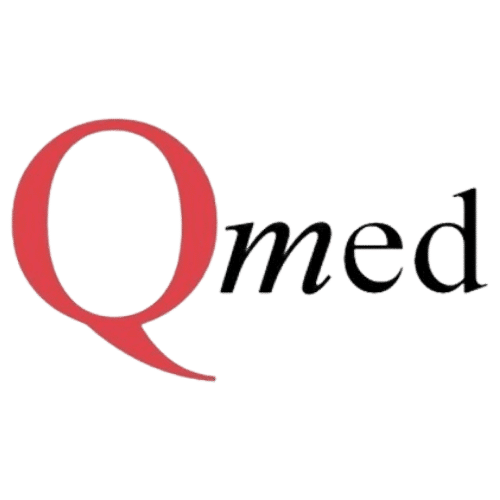“It is time for businesses that are subject to Occupational Health to adopt to real-time technology that empowers organisations and medical staff to achieve the goals of risk-based medicals, pro-active health records and statutory compliance, cost benefits and ease of-use.”

In an electronic and technology era we experience systems and applications in our everyday business and personal lives. This ranges from online banking and purchasing, transport (Uber), accommodation (airbnb), social media, tax returns, music and video streaming to mention but a few. Technology and Systems redefine the way we operate and engage. No longer do we go to a bank branch or an airline operator to get service. We rely on available technology to make our lives more efficient and simpler to operate. This is also the case with traditional ERP Systems, Payrolls etc.
The Occupational Health medical surveillance industry has not presented itself as an adopter of technology to improve efficiencies, enable business rules to satisfy and monitor compliancy control and improve outputs. The Occupational Health industry and services remain manual, paper-based and lethargic; relying on people skills to execute the process and subsequent follow-up processes such as Chronic Disease management, HIV and TB monitoring, Occupational Diseases etc.
Industry talks about risk-based medicals being the future of Occupational Health by applying individual exposures, job types and work places to specific individuals; yet continues to be traditional with annual medicals, irrespective of the exposures or statutory imposed conditions.
Medical information is generally contained in a paper-based file. Year-on-year medicals are performed requiring the medical professional to revert back to previous paper records to analyse the medical being performed. Where systems are being used, they represent after-the-fact information, being captured once the medical has been complete and the relevant certificate medical certificate issued. These Systems serves as a storage vault used mainly for reporting purposes and do not add value or efficiency to the business process.
It is time for businesses that are subject to Occupational Health to adopt to real-time technology that empowers organisations and health professionals to achieve the goals of risk-based medicals, pro-active health records and statutory compliance, cost benefits and ease of-use.
Datamine’s recently acquired Qmuzik Technologies, a South African based software development company, provides this Solution. The software; called Qmed has been operational in a number of industries such as mining, process, telecommunications, construction and manufacturing to name but a few.

The Qmed systems host in excess of 3 million occupational health records across its client base which includes Anglo American, Harmony, Two rivers, South 32 and many more!
Be part of ensuring your business has the benefits of real-time technology solutions.
Written by:
Kenny Dick
Executive Manager
Qmuzik Technologies
For more information about Qmed, please visit: https://pages.dataminesoftware.com/qmed



